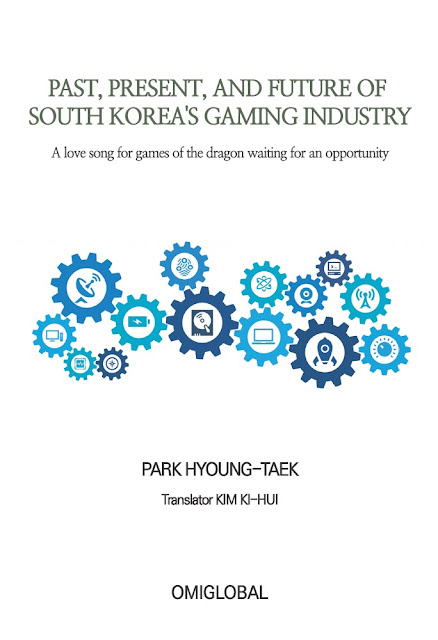泥中蟠龍's Game愛歌 _ Realism in video games
泥中蟠龍's Game愛歌
[A love song for games of the dragon waiting for an opportunity]
Realism in video games
A film Obsessed was released not long ago. I usually have many chances to watch movies because I sometimes invest in films as a venture capitalist. The movie reached about 1.5 million views nationwide. It was not a total failure when it comes to box-office record, however, there was harsh criticism for low-grading acting of the main actors. Especially I thought that Song Seung-Heon looked very awkward due to his too dry acting skills.
Recently, at a gathering, I met someone who really loved his performance in the film. He has a similar experience with Colonel Kim Jin-Pyeong—the colonel had to kill numerous enemies—played by Song and he commented that Song portrayed the character very well.
An idea crossed my mind at the moment; What is 'realism' for content? Of course, I don't want to mention realism and hyperrealism here. Including the film at the very beginning, there are developers' reality and user's reality in video games and I'd like to talk about the differences between them.
Did Song act well in the movie? It's very subjective so that there is no right answer to this question, however, his performance has unsuccessfully met the subject which I want to deal with in this column. If the film's intention was not to plainly portray a senior officer who was in a life-threatening situation on the battlefield, it's more important to make the audiences feel like they are watching the war hero suffering metal breakdowns and nightmares due to post-traumatic disorder from the Vietnam War.
If so, what about realism in video games? In spite of some reality distortion to entertain users, it would be within the limits of customer-acceptable realism. Settings—a game character falls to his/her death from a cliff or a sword used for a long time doesn't perform well—make a game more realistic, however, being realistic isn't always a good thing because settings—a gamer cannot enjoy playing the game so that a game character should go to bed from 12 pm to 7 am or the character should go to the bathroom every two hours—disturb a user's playing and wouldn't be fun elements of the game at all. Some game developers try to make an extremely realistic game to show off their technical skills. Of course, some developers fail to do the basics to lower the difficulty of the development and accelerate the project.
There is a literary term 'artistic license'. The poetic license includes the distortion of fact and the alteration of the conventions of grammar for an artistic purpose. Game designers try lots of different attempts in order to entertain users. Some are unrealistic—on the contrary, others are excessively realistic. Unlike truth reality, some scenes seem to be plausible. But, if it is one of the methodologies to please users, it can be called "artistic license for games". Academic discussions are needed to make video games be taken as one of the art genres.
※ This is from Kyunghyang Games column by 泥中蟠龍 since September 2013.
(http://www.khgames.co.kr)
Translation by Kim Ki-hui


Comments
Post a Comment